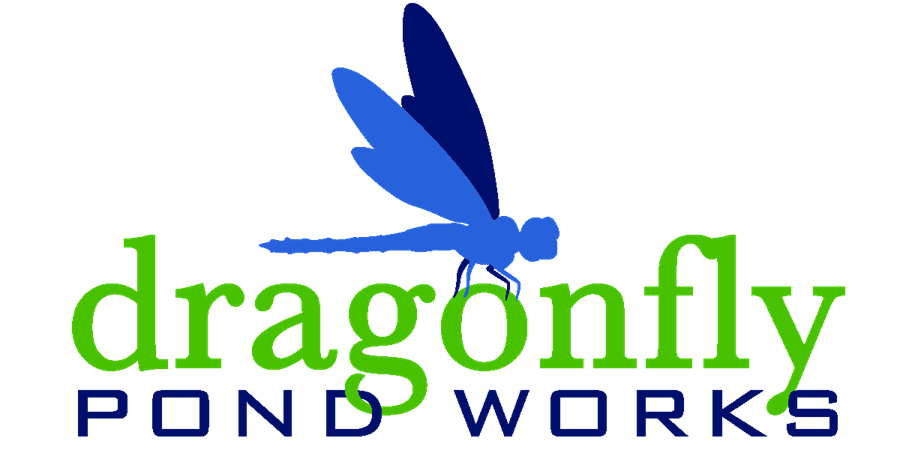Pond Management Guidelines for North Carolina
Pond Management Guidelines
Having a pond is an excellent way to enhance a property. What’s more, plant life and fish can be added to enhance the beauty of your pond. But if you own a pond, it’s critical you keep the water clear and clean so that it remains healthy. Here are some basic guidelines regarding pond management.
Plant Control
Algae is a pond owner’s biggest concern. Filamentous algae is particularly troublesome, along with duckweed and other floating weeds. To control these weeds, you need to manage how much nitrogen and fertilizer washes into your pond. Therefore, don’t use any fertilizer on your pond’s watershed. However, if you do use fertilizer, stay 40 to 50 feet away from the area that surrounds your pond.
Bank Maintenance
One way to prevent bank erosion is to include plants, which are one of the best erosion safeguards. Trees are especially effective in preventing erosion, but be sure to check with local rules and regulations about where you can plant them.
Check the pH Regularly
It’s important to consistently check the pH of your pond water to see if it tends to be more acidic or alkaline. Values for pH range from 1 to 14 with higher values showing alkaline. Neutral water is a 7 reading. The average pond has a pH between 6.8 and 7.8. There are several ways to check the water chemistry or pH. These methods include using:
• Paper test strips—Also known as litmus paper, paper test strips are used by dropping test strip into a pond water sample.
• Liquids tests—They work by adding drops of pond water. The results are determined by the change in water color.
• Electronic meters—These are digital meters.Considerations and Warnings• Don’t plant vegetation, such as cattails, parrot feather and water hyacinth, because they multiply too quickly. You don’t want your plants to overtake natural waterways.
• To prevent water weeds from developing, ensure your pond has a depth that’s at least 3 feet deep. An ideal depth is 6 feet.
• Limit geese or domesticated duck so that animal waste doesn't pollute your pond.
• Include pond and lake aeration systems, which introduces oxygen into pond water.Pond maintenance can seem like a daunting task for many pond owners.
If you don't feel up to the job, don’t hesitate to hire the professionals at Dragonfly Pond Works. We service ponds throughout North Carolina in Charlotte, Raleigh, Greensboro, Winston Salem, Wilmington and beyond! We are an environmentally friendly service company that specializes in managing lakes and ponds. Please contact us.
